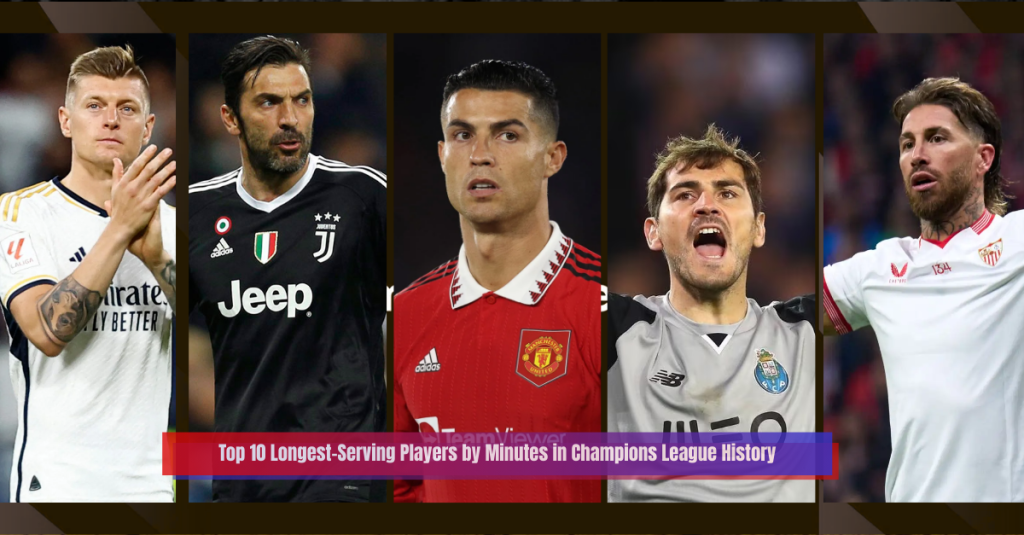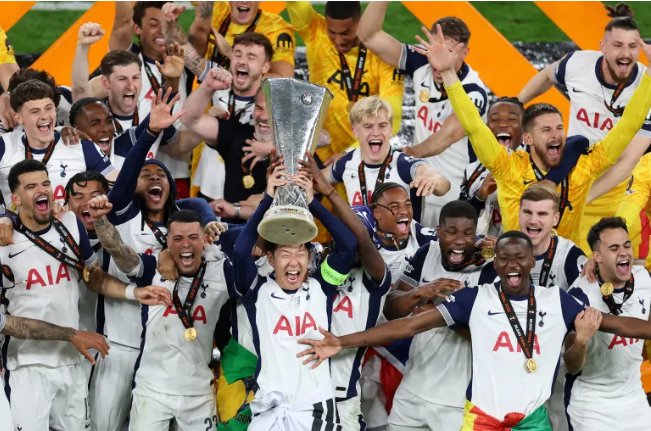Minutes in Champions League often reveal the players who have left a lasting mark on Europe’s biggest stage. The Champions League is where careers are tested over years of group stages, knockout battles and high-pressure finals. One way to appreciate the players who shaped European nights is to look at the cumulative minutes in Champions League action they spent on the pitch.
This list gathers ten players who logged exceptionally high minutes across their Champions League careers. Below is a clear table with the supplied numbers, a quick bullet recap, and an in-depth profile for each player from rank 10 up to rank 1. Each profile explores how those minutes were earned, what the player brought to their teams in big matches, and why their sustained presence mattered in Europe’s premier club competition.
10. Xavi Hernández
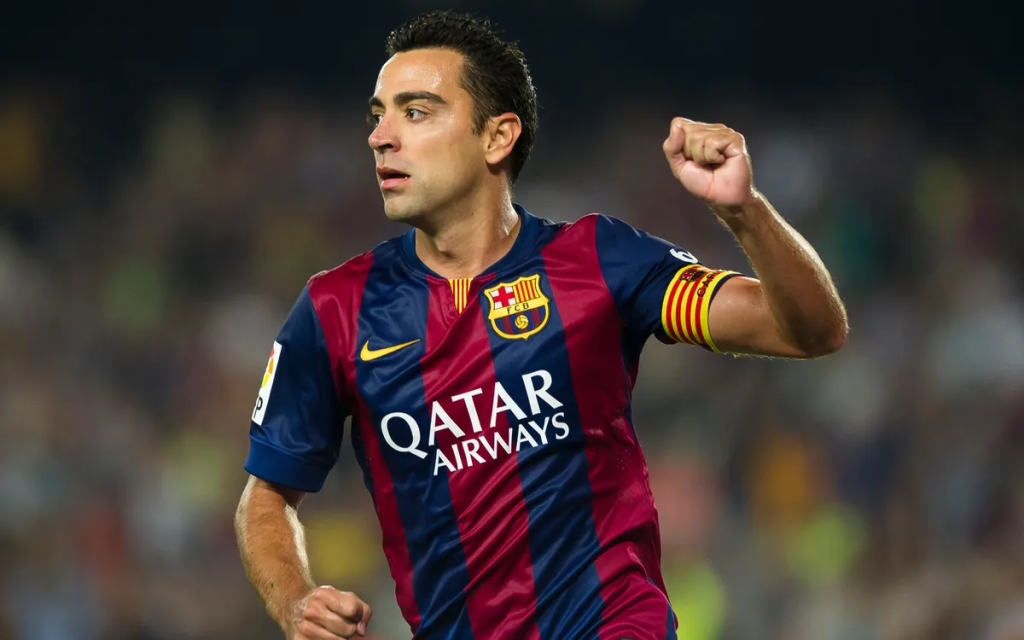
- Club: Barcelona
- Minutes in Champions League: 11,851 Minutes
Xavi’s Champions League minutes are a reflection of a career defined by orchestration, intelligence and relentless consistency. As the metronome of Barcelona’s midfield for more than a decade, he rarely left the pitch in crucial matches and was the player managers turned to when the team needed to control tempo or calm turbulent moments. Those minutes came from countless full 90-minute performances in group stages and knockouts, from nights when possession had to be protected and from finals where one misplaced pass could change the game. Beyond statistics, Xavi’s presence allowed teammates to flourish—his ability to find the smallest passing lane, to recycle possession and to reset attacks made him indispensable.
The minutes logged are as much a product of tactical necessity as they are of individual endurance; Xavi rarely needed to be substituted because his role required constant involvement. Over seasons, that steady involvement turned into a large minutes tally, and it also shaped how Barcelona played: short passes, patient build-up and a carefully controlled midfield tempo that frustrated opponents. Those long spells on the pitch reveal a player who was both technically gifted and physically reliable, someone managers trusted to control Europe’s toughest games from start to finish.
9. Paolo Maldini

- Club: Milan
- Minutes in Champions League: 11,932 Minutes
Paolo Maldini’s minutes in the Champions League come from a career that combined elite defensive skill with extraordinary longevity. Playing for one club across decades, Maldini was a fixture in Milan’s most important nights—finals, semi-finals and tense knockout ties where defensive discipline mattered most. His minutes were earned through consistency: rarely injured, always tactically aware and adaptable across defensive positions. Maldini’s style was not about flamboyance but about subtle mastery—anticipation, perfect positioning and a calmness under pressure that allowed him to complete match after match at the highest level.
Those accumulated minutes show the reliance managers placed on him to organize the back line, to neutralize world-class attackers, and to set the tone defensively. In addition, Maldini’s leadership qualities meant he often played full matches because his presence was indispensable in reading opponents and making split-second decisions. The sheer volume of minutes speaks to a career of trust and resilience; opponents often found it hard to create clear opportunities when Maldini was on the field, and his minutes translate into influence on results, not just time served.
8. Toni Kroos
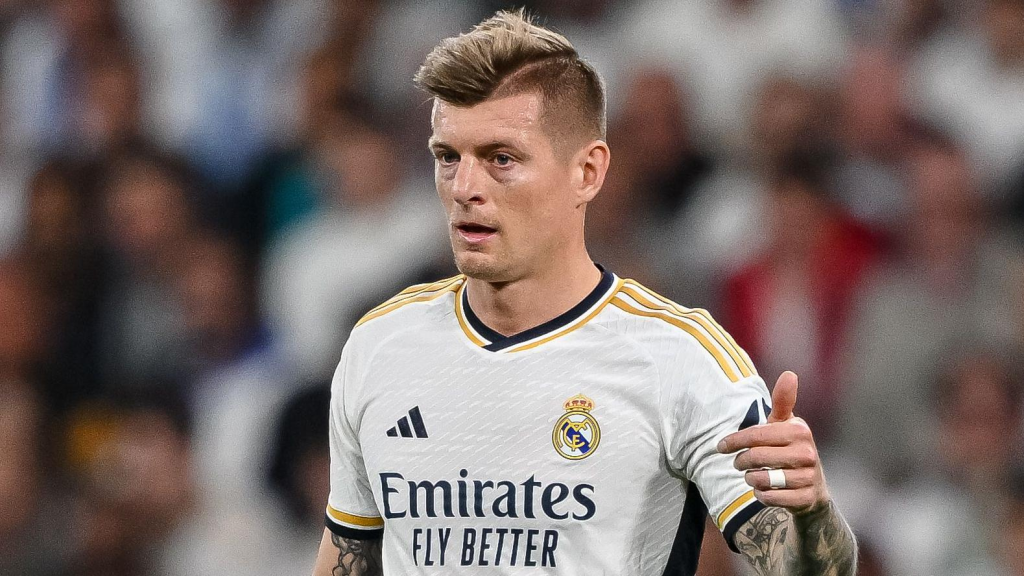
- Club: Real Madrid
- Minutes in Champions League: 11,962 Minutes
Toni Kroos’s Champions League minutes represent the kind of influence that comes from a player who controls games through intelligence and technical precision. At Real Madrid, Kroos became the anchor of midfield structures that required someone to calm transitions, pick line-breaking passes and manage possession under pressure. Those minutes piled up through seasons where Madrid repeatedly advanced deep into the tournament, and through tactical plans that relied on Kroos staying on the pitch for long spells to retain control. His ability to distribute with accuracy and to maintain a steady tempo enabled full-match reliability; managers knew that substituting Kroos often disrupted the rhythm.
Beyond pure passing, Kroos’s minutes reflect his positional discipline: he rarely drifted out of role, which kept him available for consistent 90-minute performances. In tight knockout matches, his composure and vision often dictated how Madrid managed pressure and created chances. The minutes are therefore both a cricket of endurance and a marker of essential tactical contribution—Kroos’s time on the field was time where his influence was felt in controlling possession, launching attacks and maintaining defensive balance.
7. Gianluigi Buffon
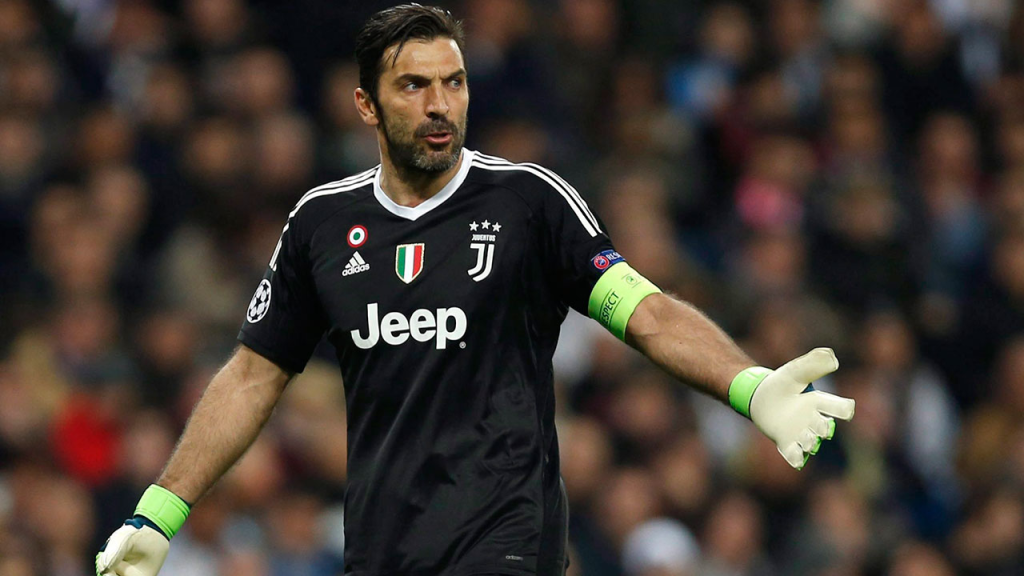
- Club: Juventus
- Minutes in Champions League: 12,000 Minutes
Gianluigi Buffon’s tally of Champions League minutes stands as proof of a career that spanned decades across the highest level. As Juventus’s ever-present last line for many seasons, Buffon logged long runs of uninterrupted playing time in both group fixtures and the pressure-cooker knockout rounds. Those minutes came from a combination of excellent fitness, immense professional discipline and the mental strength required to perform night after night on Europe’s biggest stages. While a goalkeeper’s impact can sometimes be measured in single saves, Buffon’s minutes show the trust placed in him to deliver consistency across entire campaigns.
He commanded the box, organized defenses, and provided the kind of calm leadership that allowed teams to navigate tense matches. Even when Juventus came up short in certain Champions League campaigns, Buffon’s individual contributions in minutes and performances were often crucial in keeping them competitive. The long stretches on the field reflect not only durability but also the unique role goalkeepers play in accumulating time: rarely substituted and often required to marshal the team through full matches, their minutes mirror the weight of responsibility they carry.
Also Read:
6. Raúl González
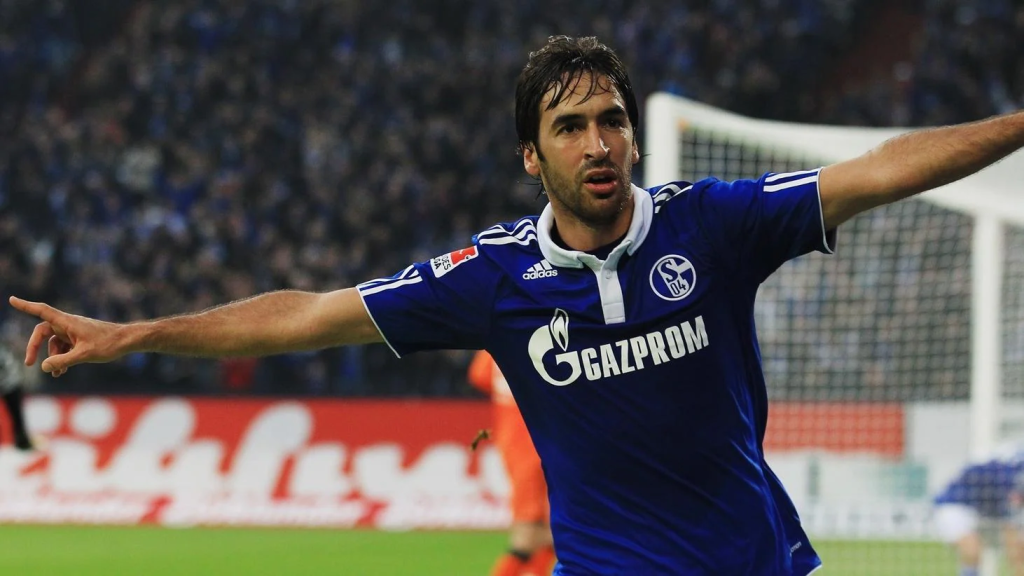
- Club: Schalke
- Minutes in Champions League: 12,179 Minutes
Raúl’s Minutes in Champions League tell the story of a forward whose consistency and knack for decisive moments allowed him to be a mainstay in high-stakes matches. Known for intelligent movement, clinical finishing, and a determination to influence the big games, Raúl amassed Minutes in Champions League across different stages of his career and at different clubs. The tally reflects not only his scoring but his ability to adapt to team needs—playing the full 90 in matches where tactical awareness and experience were crucial.
Raúl’s Minutes in Champions League were often logged in seasons where clubs pushed deep into tournaments, and his reliability meant managers felt secure keeping him on for extended periods. His presence on the pitch created tactical problems for opponents: he could drop to link play, run in behind defenses, or act as the focal point in counter-attacks. Those varied contributions explain why Raúl was deployed consistently, converting into a high Minutes in Champions League total. In essence, the Minutes in Champions League represent a career of sustained performance where fitness, positional intelligence, and finishing combined to make him a dependable starter across many Champions League nights.
5. Sergio Ramos
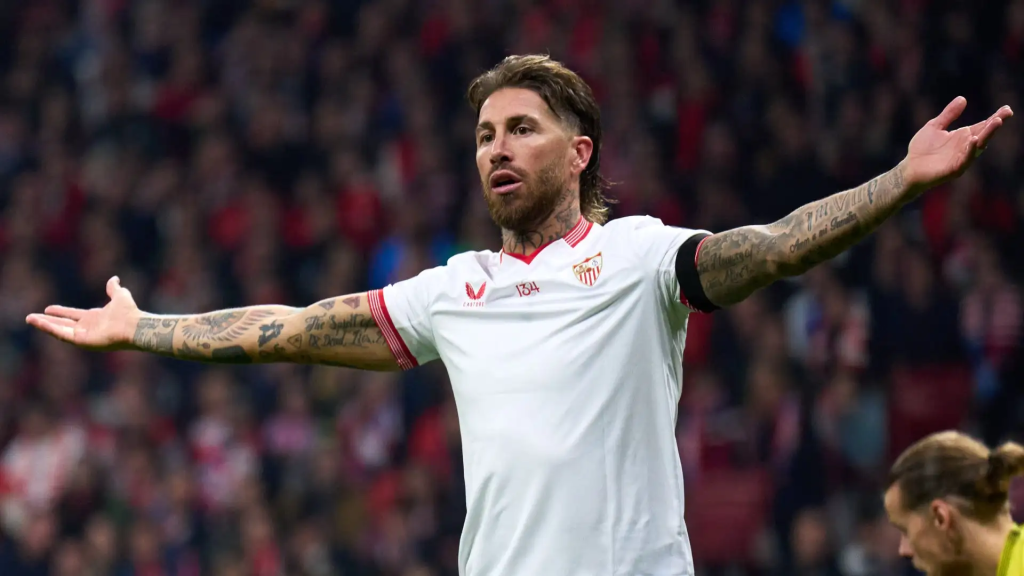
- Club: Sevilla
- Minutes in Champions League: 12,571 Minutes
Sergio Ramos accumulated Champions League minutes through a blend of defensive tenacity, leadership and the habit of appearing in decisive moments. Across numerous campaigns, Ramos was the kind of player managers trusted to start and often finish matches because his presence could turn the tide: he defended robustly, read the game well, and had a uniquely timed knack for scoring critical goals at the death. The minutes he logged came from consistently starting in big games and remaining central through the most fraught knockout ties.
Ramos’s influence extended beyond pure defending; he was a vocal leader, organized set-piece routines and brought aerial threat at both ends of the pitch. Those long minutes therefore capture more than match fitness—they capture the broader influence of a player who could change the dynamic of a fixture through a tackle, a block or an acrobatic header. The accumulation of minutes reflects seasons of trust where managers relied on his grit and tactical nous to steer teams through the pressures of European football.
4. Lionel Messi
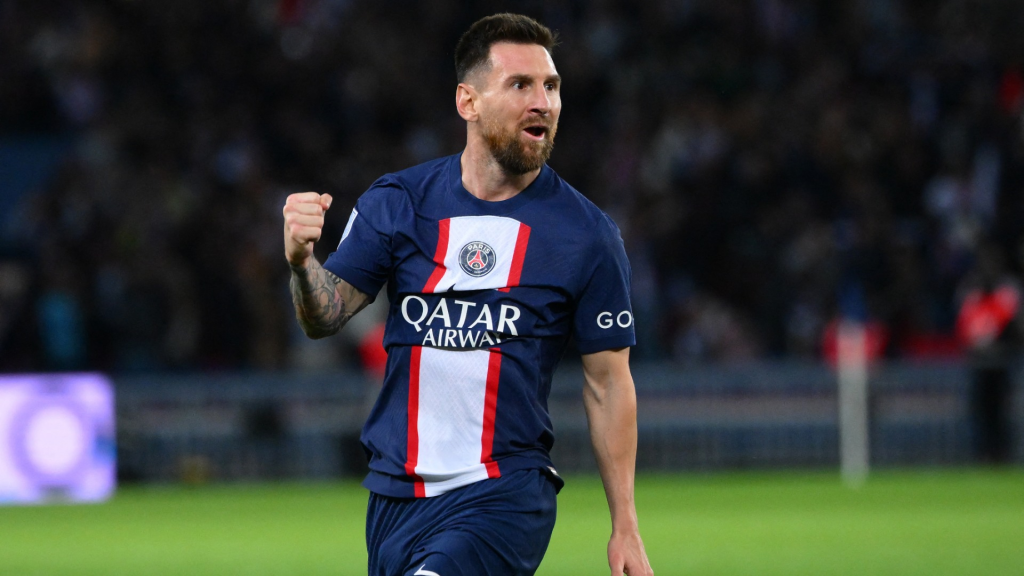
- Club: PSG
- Minutes in Champions League: 13,584 Minutes
Minutes in Champions League for Lionel Messi are born from a career where creativity, goal threat and match-winning talent were in almost constant demand. Whether the role required him to dribble past defenders, craft key passes or take on the final touch, Messi’s involvement in matches often extended for long stretches because his capacity to alter outcomes was unmatched. Those Minutes in Champions League came from years of reaching late stages of the competition and being the primary offensive outlet — a player whom coaches wanted on the pitch when decisions mattered most.
Messi’s minutes are also a sign of physical resilience; despite a playing style that involves extensive sprinting and tight ball control, he managed to sustain long-term availability for full matches. On many nights his presence forced opponents to alter their defensive shape, and that constant attention created space for teammates. The Minutes in Champions League then represent both his endurance and the strategic necessity to keep him in the game: when you have a player capable of changing a match single-handedly, substitutions are made with great caution.
3. Manuel Neuer

- Club: Bayern München
- Minutes in Champions League: 13,753 Minutes
Manuel Neuer’s Champions League minutes reflect the evolution of the goalkeeper role and his pivotal place in Bayern’s continental campaigns. As a sweeper-keeper he did more than stop shots; he initiated attacks, swept behind defenses and offered an extra dimension to Bayern’s build-up play. That tactical importance meant Neuer featured heavily across seasons where Bayern regularly went deep in the competition. The minutes logged demonstrate how often he was trusted to manage full matches, to command his area and to provide the kind of distribution that could turn defense into offense within seconds.
Neuer’s playing style demanded concentration and athleticism across entire 90-minute periods, and managers consistently kept him between the posts because his role was integral to team shape. These minutes therefore capture both workload and tactical indispensability: he was not merely a shot-stopper accumulating time, but a proactive participant whose presence on the pitch had direct implications for how Bayern approached attacking and defensive phases.
2. Cristiano Ronaldo

- Club: Man Utd
- Minutes in Champions League: 16,189 Minutes
Cristiano Ronaldo’s vast minutes in Champions League play are the product of relentless athleticism, relentless output and an enduring capacity to be selected for full matches across many seasons. His minutes accumulated through repeated deep runs in the competition, dramatic scoring feats and the kind of physical conditioning that allowed him to start and complete countless fixtures. Ronaldo’s on-field influence was often defined by his ability to change games in short bursts, but the minutes show he was not merely a super-sub or impact player—he was a full-match force whose presence required constant defensive attention.
Managers relied on him in group stages and in late knockout legs alike, and his minutes translated into opportunities to score and to lead attacking patterns. Fitness, professionalism and an ability to adapt his game as he aged enabled Ronaldo to remain a primary starter, and the minutes encapsulate decades of match-winning reliability and a track record of delivering at the highest level.
1. Iker Casillas
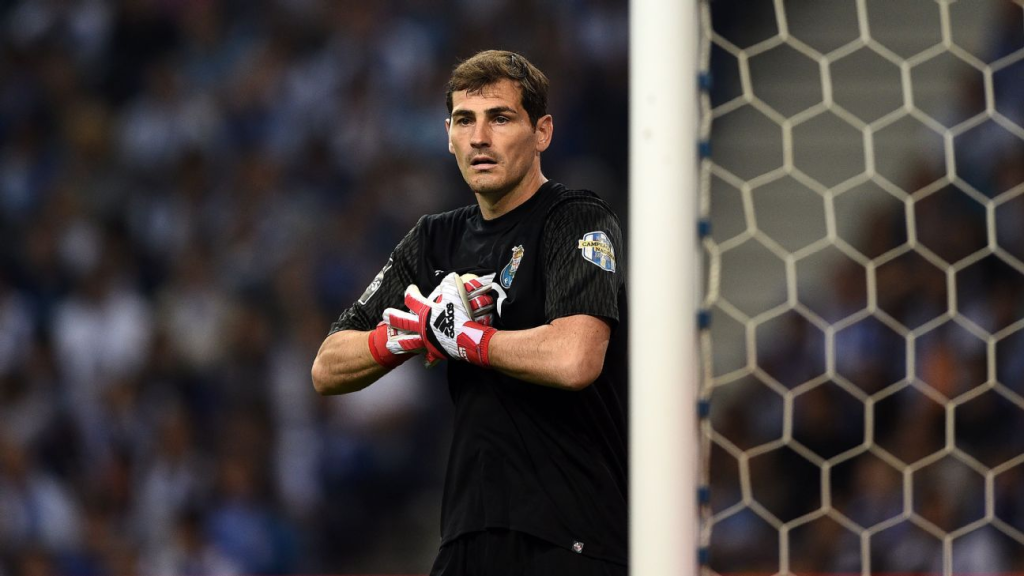
- Club: Porto
- Minutes in Champions League: 16,267 Minutes
Iker Casillas stands at the top of this list by virtue of a career spent consistently guarding the goal in Europe’s toughest fixtures. His enormous Minutes in Champions League tally represents decades of trust from managers and teammates who relied on his reflexes, leadership and ability to perform in the most intense moments. Casillas combined shot-stopping excellence with calmness under pressure; in countless knockout ties and finals he made saves that directly affected outcomes.
Those minutes are also a function of durability: as a goalkeeper he was rarely substituted, which made it possible to amass huge playing time across seasons. Casillas’s presence on the pitch stabilized defenses and inspired confidence that filtered through to team performance. Whether his most memorable saves came in early career Real Madrid triumphs or later appearances, the sheer volume of Minutes in Champions League demonstrates a career defined by continued selection, consistent performance and a reputation as one of Europe’s most reliable custodians.
FAQs :
Q: What does “minutes in Champions League” mean?
A: “Minutes in Champions League” refers to the total time a player has spent on the pitch in UEFA Champions League matches across all seasons. This includes every minute played in group stages, knockout rounds, and finals. Tracking minutes gives a more precise measure of a player’s involvement than simply counting appearances, as it shows who consistently played full matches in Europe’s toughest fixtures.
Q: Which positions usually record the most minutes in the Champions League?
A: Goalkeepers and defenders often top the lists because they are rarely substituted. Midfielders who play pivotal roles, like Xavi or Toni Kroos, also accumulate high minutes because managers rely on them to control games throughout 90 minutes. Forwards can reach significant totals too, but rotations and tactical substitutions often limit their overall minutes compared to other positions.
Q: Are minutes a better indicator of influence than appearances?
A: Yes. Appearances include substitute appearances and partial games, which may not reflect true influence. Minutes in Champions League show how much time a player actively contributed on the field, reflecting endurance, consistency, and reliability in high-pressure matches. Players with higher minutes are usually central to their team’s strategy in Europe.
Q: Can active players still climb this list?
A: Absolutely. Players like Lionel Messi, Sergio Ramos, or Manuel Neuer can continue to add minutes if they play full matches in current Champions League campaigns. Each deep run in the tournament provides additional minutes that can move them higher on the all-time rankings.
Q: Why is it important to track minutes in Champions League history?
A: Tracking minutes highlights durability, consistency, and trust from managers. It shows which players were relied upon season after season in Europe’s most competitive matches. High minute totals indicate both skill and physical resilience, reflecting careers built not only on individual brilliance but on long-term commitment to their teams in top-level football.
Q: Who has the record for the most minutes in Champions League history?
A: Legendary goalkeeper Iker Casillas holds the top spot, with over 16,000 minutes across his Champions League career. His remarkable longevity and consistent performances exemplify endurance, reliability, and excellence at the highest level.
